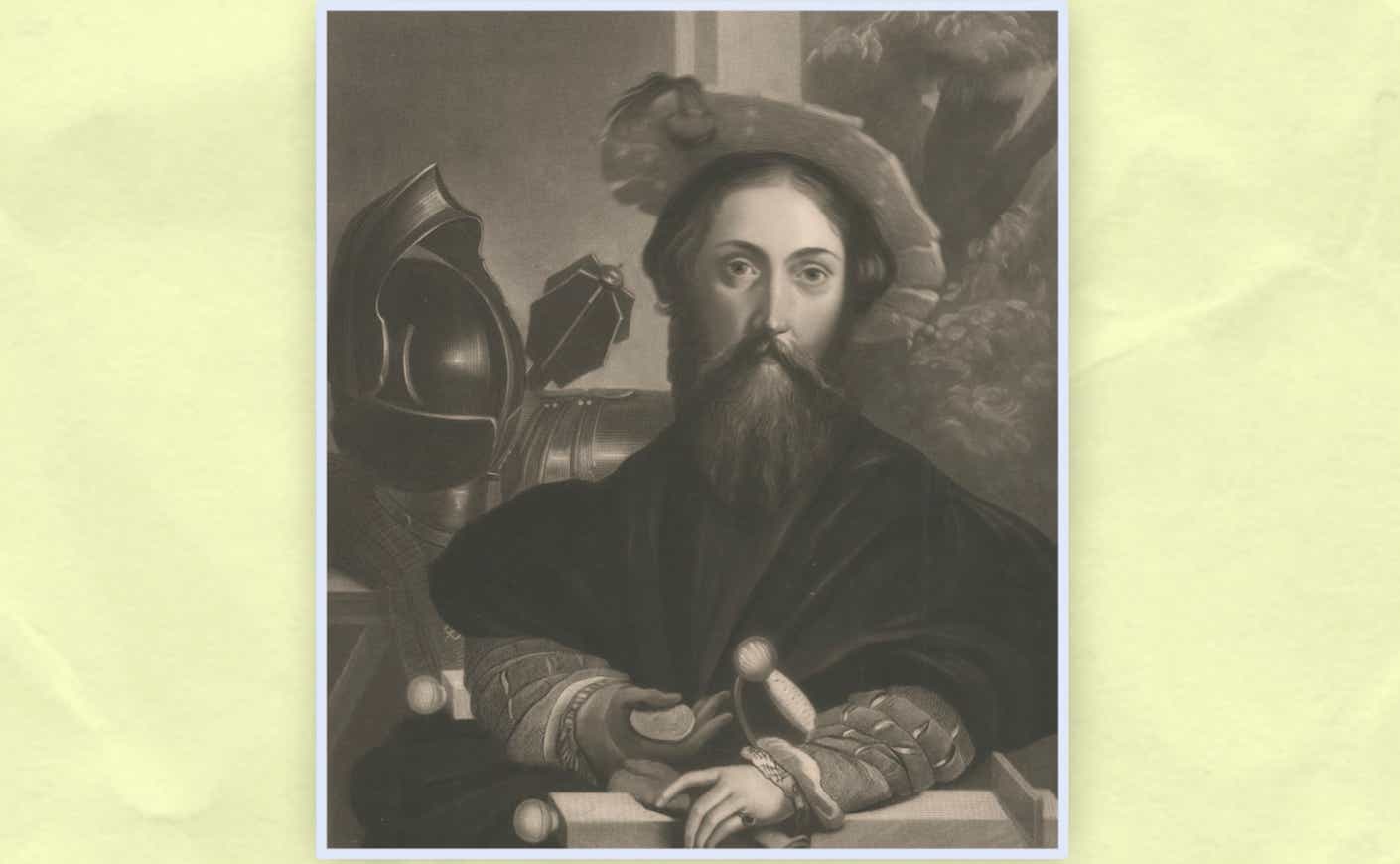If you grew up in the U.S., you were most likely taught about Christopher Columbus. You learned that "In fourteen hundred ninety-two, Columbus sailed the ocean blue," and maybe even had the day off from school in his honor.
Columbus Day has been around for sometime, though it's only been an official holiday for a handful of decades: In 1934, the Knights of Columbus successfully lobbied for annual federal recognition of Columbus Day, partly as a reaction to anti-Italian sentiment in the U.S. It became a fully recognized Federal holiday in 1971.
But now, many are questioning how we can celebrate a figure we now realize was a slave trader. One who ordered the mass murderer of thousands of the people he called "Indians" — and who didn't "discover" the United States so much as stumble upon it. Check out this fascinating look behind the origins of the holiday, and Columbus himself:
There's been a growing interest in renaming Columbus Day to Indigenous Peoples' Day, in order to honor those who were killed during the genocide explorers committed in the "New World." More than a dozen states now celebrate IPD in lieu of the traditional holiday. (And according to 2013 and 2015 surveys, somewhere between 26 and 38 percent of Americans disagree with celebrating Columbus Day, which is some substantial public concern.) Will that trend continue, and force the Federal government to abolish Columbus Day altogether? That remains to be seen. But to learn more about the Native American perspective on Columbus, be sure to read our article about the myths surrounding Native Americans.
And because the Indigenous community has been abused and under-supported, it's important for us to recognize what they've endured historically — and the obstacles they continue to face. Here's the harrowing story behind the epidemic of missing Indigenous women in the U.S.









